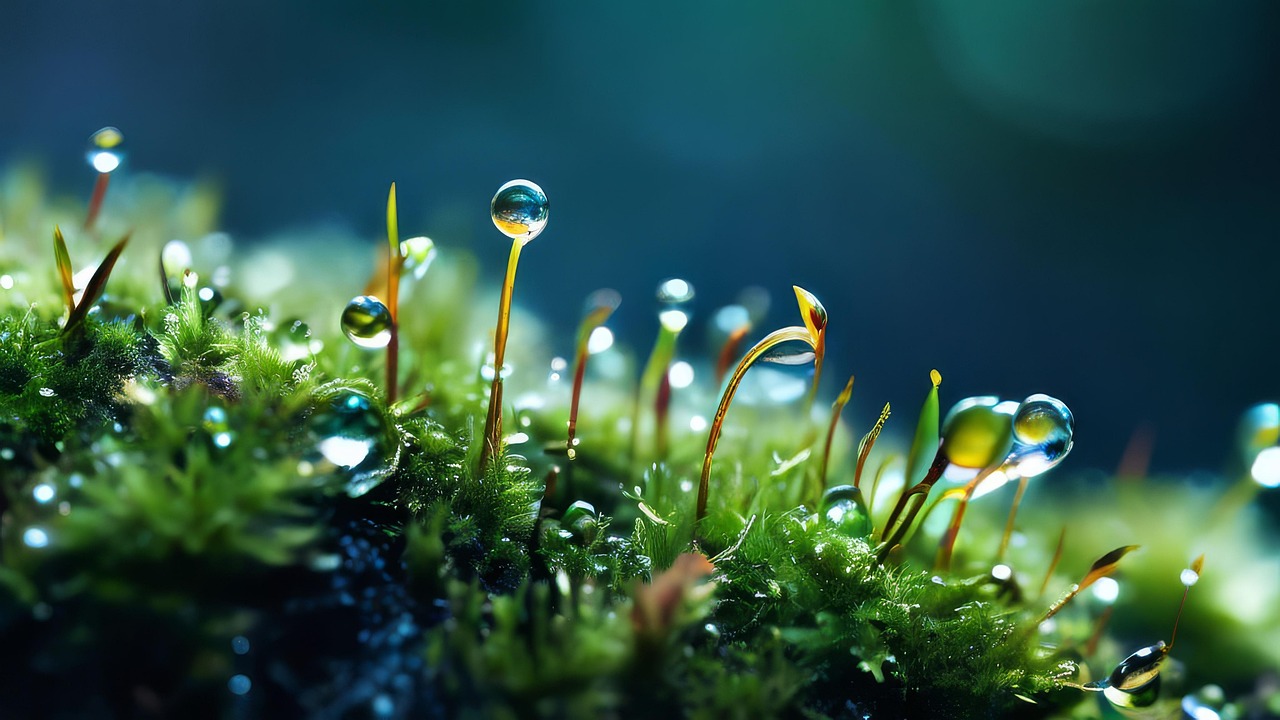Sustainability Practices at A Proper Farm
At A Proper Farm, sustainability isn’t just a buzzword — it’s at the heart of everything we do. Our goal is to protect the environment, nurture the land, and create a healthy, thriving farm for future generations. We believe that sustainable farming practices are essential not only for our farm’s success but for the well-being of our local community and the planet as a whole.
We understand that what we do today impacts tomorrow, so we’ve adopted a variety of practices to ensure that our farm supports both people and the environment in a responsible, mindful way.

Soil Health & Regenerative Agriculture
Healthy soil is the foundation of a sustainable farm. We practice regenerative agriculture, focusing on rebuilding soil health through natural methods that reduce erosion and increase biodiversity. Our practices include:
- Composting: We compost chicken and cow manure as well as garden waste to create rich, fertile garden soil that nourishes our plants and improves soil structure.
- Cover Cropping: We plant cover crops like clover and rye in the off-season to prevent soil erosion and add organic matter back into the soil.
- Crop Rotation: By rotating crops annually, we help prevent soil depletion, reduce the buildup of pests, and improve overall soil fertility.
- Free-Range Chickens: Our chickens are allowed to roam freely across the farm, helping to till the soil, aerate it, and fertilize it naturally as they scratch for food.

Water Conservation & Quality
Water is one of the most precious resources on our farm, and we make every effort to conserve it while ensuring its purity. Our sustainable water practices include:
- Well Water: We draw all of our water from a well on our property, minimizing reliance on external water sources.
- Ozone Filtration: Our well water is filtered using ozone technology to ensure that it is clean and free from contaminants, providing healthy water for both our crops and livestock.
- Drip Irrigation: We use drip irrigation systems that deliver water directly to the roots of plants, minimizing water waste and ensuring plants receive the moisture they need.
- Rainwater Harvesting: We collect rainwater to irrigate our gardens and orchards, reducing our reliance on municipal water systems.
- Water-Efficient Practices: We mulch around our plants to reduce evaporation and ensure that water is used efficiently.
Waste Reduction & Recycling
Waste reduction is an important part of our sustainability efforts. We strive to minimize our environmental impact by:
- Composting Organic Waste: All plant scraps, food waste, and animal manure are composted and turned into valuable fertilizer for our gardens.
- Recycling: We recycle all possible materials, including plastic, glass, and metal, and repurpose farm equipment when possible to reduce landfill waste.
- Zero-Chemical Approach: We avoid using harmful chemical pesticides and fertilizers. Instead, we rely on natural pest management, such as beneficial insects, companion planting, and organic sprays, to keep our crops healthy.
Biodiversity & Habitat Preservation
We believe that farming shouldn’t just support human needs — it should also protect and encourage wildlife. Our farm is a sanctuary for a variety of plants and animals, and we actively work to preserve the natural habitat around us:
- Pollinator Gardens: We plant flowers and shrubs that attract pollinators like bees and butterflies, which are essential for crop production.
- Wildlife-Friendly Practices: Our farm is designed to support local wildlife, from birds to small mammals. We minimize the use of fencing and maintain natural habitats around our property.
- Permaculture Principles: We incorporate permaculture techniques that mimic natural ecosystems, ensuring that plants, animals, and humans coexist harmoniously on the land.
